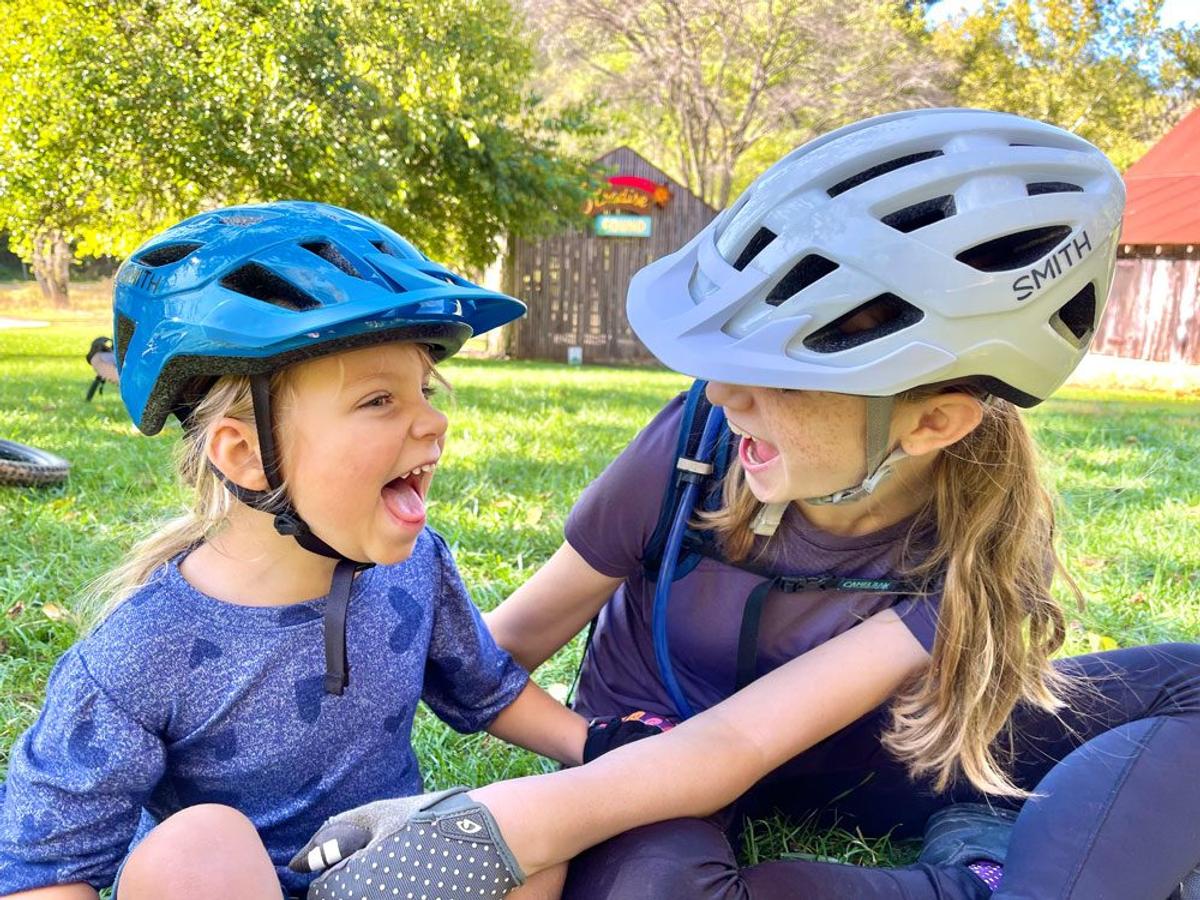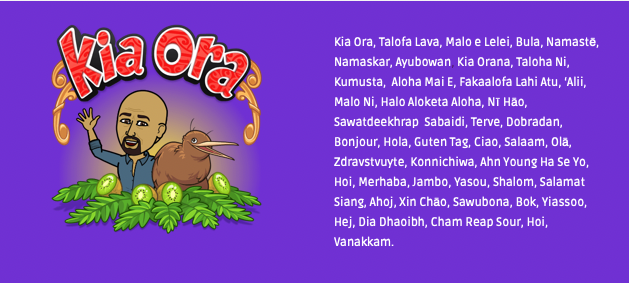Principal's Page

Kia Ora - Greetings Friends
I often discuss with our WHS staff a theory I developed 30 years ago. I contend that humans have four original languages that date back to our beginning as a species.
We are social-emotional beings, and the four original languages are how we connect socially and emotionally. Emotion is essential to learning and should not be underestimated or misunderstood as a trend. Emotion is where learning begins or, as is often the case, where it ends. Thinking deeply about things we don’t care about is neurobiologically impossible.
Using a functional MRI, a scanner that reveals brain function in real-time, you can physically see when students are emotionally engaged. We see activations around the cortex, in cognition, memory, and meaning-making regions, and even down into the brain stem.
Great teachers understand that the best, most durable learning happens when content sparks interest, is relevant to a child’s life, and when the learners form an emotional bond with either the subject or the teacher in front of them - ideally, both.
Meaningful learning happens when teachers can create an emotional connection to what might otherwise remain abstract concepts, ideas or skills. The emotional connection that can result when teachers make learning personally relevant to students is what differentiates superficial or rote learning of material from a deep and meaningful education marked by mastery and durable learning. There are no silver bullets in education, but emotional engagement and personal relevance are the tools that can improve the educational experience and performance of every child in every school.
Frances Moore Lappe states, ”Community – meaning 'nurturing human connection' — is key to our survival. We humans wither outside of community. It isn’t a luxury, a nice thing; community is essential to our well-being.”
The four original languages help build those collective human connections—they are, therefore, crucial to our survival in their own way. Learning is how humans express themselves as members of a social group and participants in its culture.
Language functions include communication, the expression of identity, play, imaginative expression, and emotional release. Communication with others has both verbal and nonverbal aspects. Several cultures have independently viewed the main function of language as the expression of thought. The Four Original Languages are the four original forms of expressing thought.
More on this on the Learning Page in this newsletter.
This Is The Last Newsletter For Term Two.
It's been a bit of a tough term with illness running rife in our school. Lots of staff and lots of children have been taken down by winter ills. Several classes have had more than half their children away recently. We are hoping the upcoming school holidays will be a chance to break the illness cycle and that we will have our children and staff return refreshed, well and restored.
A big thank you from me to all our staff; they are the ultimate teaching dream team, and I count my blessings every day to be able to work alongside them.
Big thanks to our parents (and extended whānau) community too. Your encouragement, smiles, fist bumps and full support mean the world to me and all our staff here. This is, without doubt, the best community I have ever been a part of - in 46 years of education, so thank you all.
These holidays, we hope and trust you all will have time for fun and family, resting and refreshing, and some days of good sunshine, too. I look forward to seeing you all back next term - on day one, Monday 22 July.
Bike Helmets:
Please make sure your child has - and wears - a bike helmet when riding to and from school. Thank you for your support in this.
As always - if you have questions or concerns about anything school-related - email me at macash@mac.com, and I will get back to you asap.
My very best regards to you all,
Ash Maindonald
Principal.


